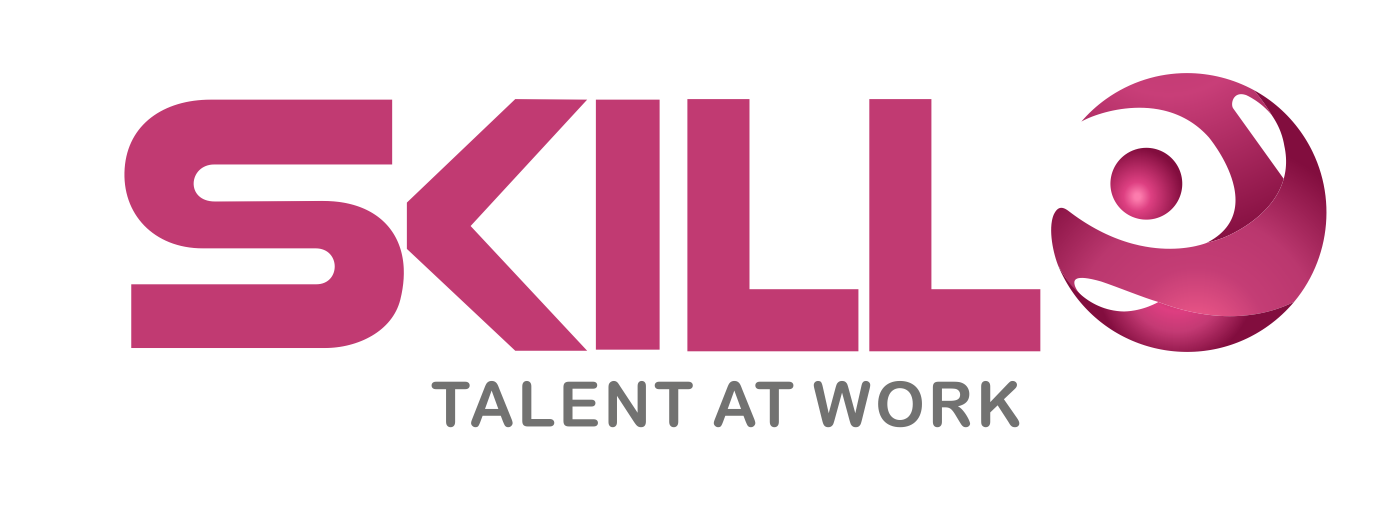
Introduction
In the ever-evolving landscape of the job market, the focus on hiring candidates with transferable skills has gained significant traction. Employers are realizing the importance of skills that can seamlessly transition from one role to another, contributing to the adaptability and success of individuals in diverse professional environments. Transferable skills, often referred to as “portable skills” or “soft skills,” are capabilities that individuals can carry from one job to another. These skills encompass a wide range of attributes, including communication, problem-solving, leadership, and time management. Identifying these skills in potential candidates is crucial for building a versatile and resilient workforce.
Benefits of Hiring Candidates with Transferable Skills
Improved Adaptability and Flexibility: Candidates with transferable skills exhibit a higher level of adaptability to different work scenarios, making them valuable assets to dynamic organizations.
Faster Onboarding and Integration into the Team: Familiarity with transferable skills enables candidates to integrate quickly into new teams and projects, reducing the onboarding time.
Enhanced Problem-Solving Capabilities: Transferable skills contribute to effective problem-solving, as individuals can draw from their diverse experiences to find innovative solutions.
How to Assess Transferable Skills in Candidates
Conducting Skill-Based Interviews: Employers can design interviews that focus on scenarios where candidates can showcase their transferable skills in action.
Analyzing Past Experiences and Achievements: A candidate’s past experiences and achievements provide valuable insights into their ability to apply transferable skills in real-world situations.
Common Mistakes to Avoid
Relying Solely on Technical Skills: Overemphasis on technical skills may lead to overlooking the broader set of abilities that transferable skills encompass.
Overlooking Soft Skills: Soft skills, such as communication and collaboration, are often underestimated but play a pivotal role in a candidate’s success in various roles.
Incorporating Transferable Skills into Job Descriptions: Writing Inclusive Job Postings: Job descriptions should be crafted to attract candidates with diverse backgrounds, emphasizing the value of transferable skills.
Emphasizing the Value of Transferable Skills in the Workplace: Companies should communicate the importance of transferable skills in fostering a collaborative and adaptable work environment.
Challenges in Hiring for Transferable Skills: Overcoming biases in the hiring process and addressing resistance from traditional hiring methods are common challenges. This section provides insights into how companies can navigate these obstacles to build a more versatile workforce.
Developing Transferable Skills in Existing Employees
Training Programs and Workshops: Companies can invest in training programs and workshops to enhance existing employees’ transferable skills.
Encouraging Continuous Learning and Skill Development: Creating a culture that encourages continuous learning and skill development contributes to a workforce with evolving capabilities.
Nurturing a Transferable Skills-Focused Workplace Culture
Leadership Role in Promoting Transferable Skills: Leadership plays a crucial role in promoting and embodying the importance of transferable skills in the workplace.
Team Collaboration and Knowledge Sharing: Building a culture of collaboration and knowledge sharing enhances the collective transferable skills within a team.
Industry Perspectives on Transferable Skills: Gather insights from experts in various fields regarding the significance of transferable skills in the current job market. Explore the trends and shifts in hiring practices influenced by the growing recognition of the value of these skills.
Success Stories of Individuals with Transferable Skills: Read personal anecdotes of professionals who have thrived in diverse roles, showcasing how their transferable skills have been pivotal in their career journeys.
Future Trends in Hiring and Transferable Skills: Explore how technological advancements are influencing the skills required in the job market and the evolving expectations of employers. Stay informed about the future trends that will shape the hiring landscape.
Tips for Candidates Highlighting Transferable Skills:
Crafting Resumes and Cover Letters Strategically: Candidates should strategically highlight their transferable skills in resumes and cover letters to stand out to potential employers.
Articulating Transferable Skills During Interviews: Providing concrete examples of how transferable skills have been applied in past roles is crucial during job interviews.
Conclusion: In conclusion, hiring candidates with transferable skills is a strategic approach that benefits both employers and employees. As the job market continues to evolve, the ability to adapt and thrive in various roles becomes increasingly valuable. Embracing transferable skills contributes to building a resilient and dynamic workforce.
